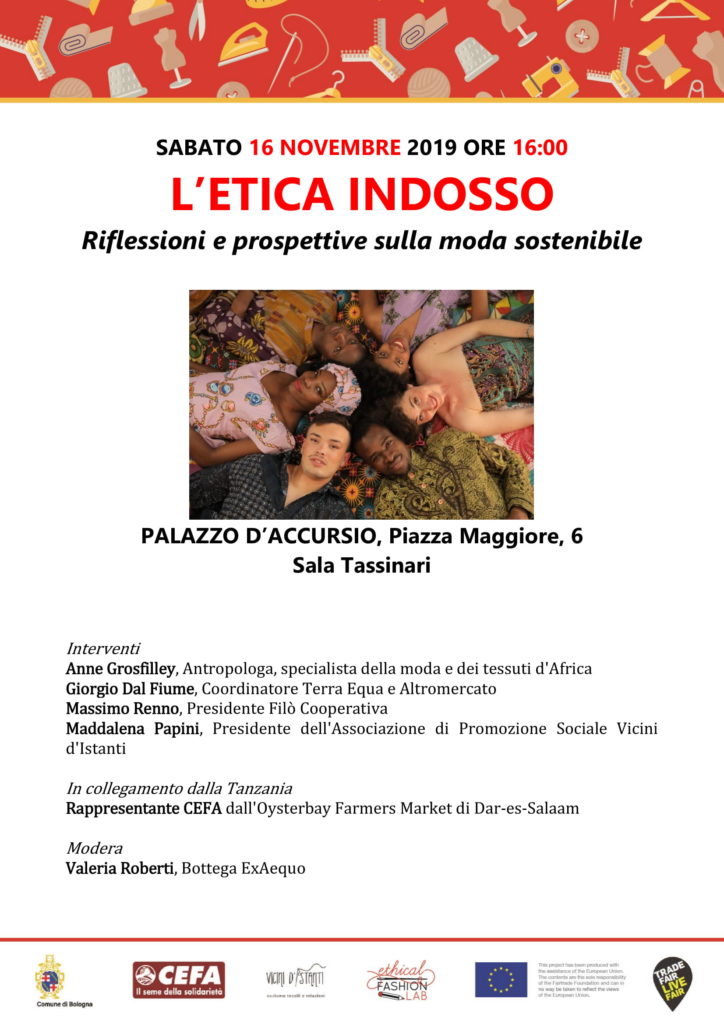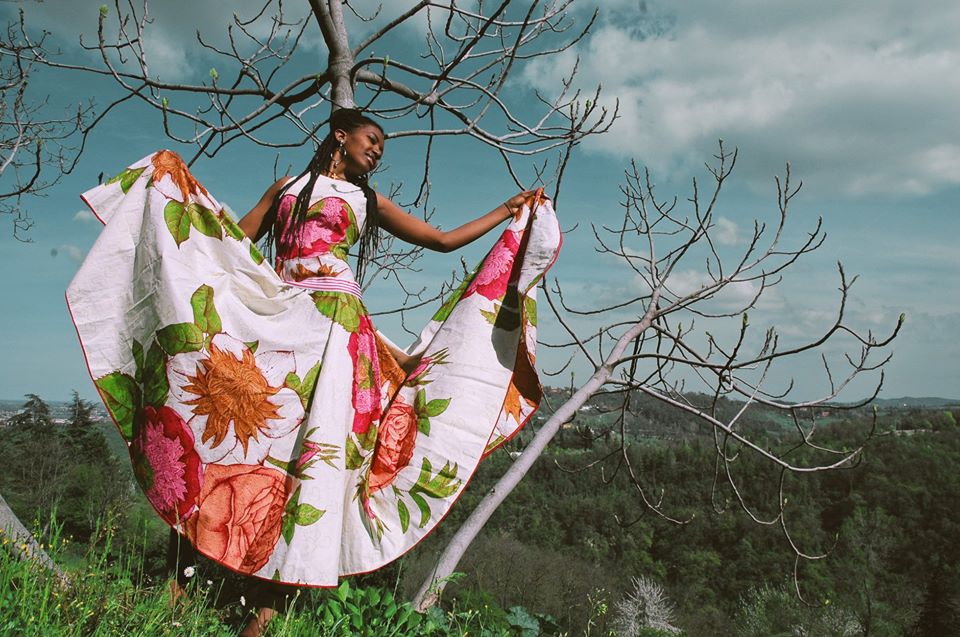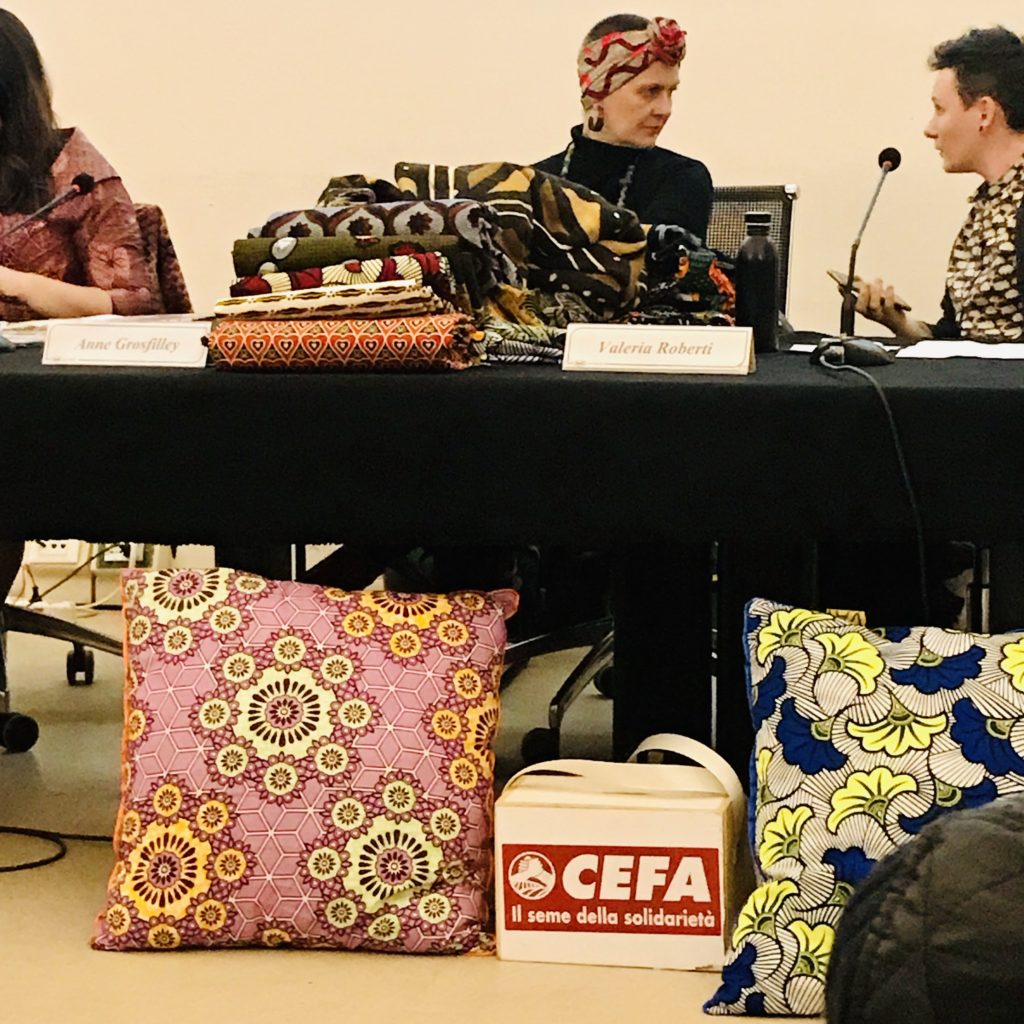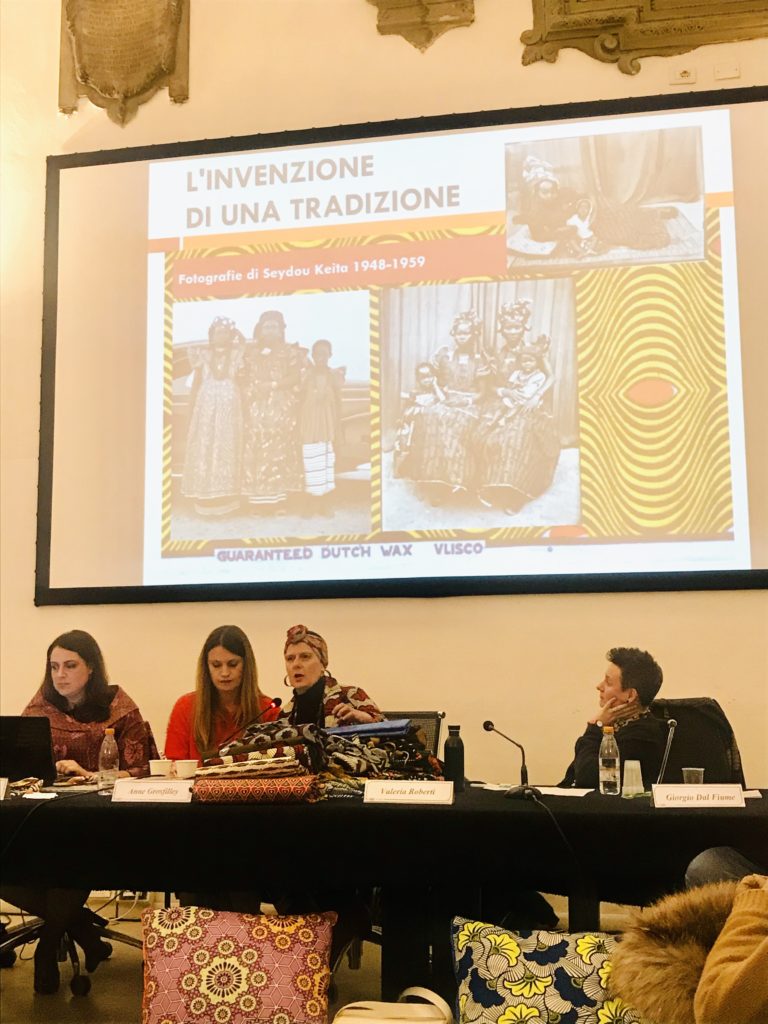L’Etica Indosso highlights the challenges and rewards of ethical fashion in Italy
Saturday 16 November I attended “L’Etica Indosso”, an event on fair fashion organised by CEFA Onlus in collaboration with the Municipality of Bologna. CEFA – Il seme della solidarietà is a human rights NGO that works to alleviate poverty in African rural areas through sustainable agriculture projects and other activities that create opportunities of work and entrepreneurship across the continent.
The conference was part of a bigger project involving Ethical Fashion Italy and the European Union.

The speakers were Giorgio Dal Fiume, coordinator of Terra Equa, Massimo Renno, chairman of Filò Coop, Maddalena Papini chairman of Vicini d’Istanti, and Anne Grosfilley, anthropologist and author of Wax & Co.: Anthologie des tissus imprimés d’Afrique. Terra Equa is a fair trade organisation operating across Emilia Romagna region. Cooperativa Filò is a creative laboratory in Mestre, offering training in leather craft to disenfranchised youths. Vicini d’Istanti is a fashion laboratory and shop in Bologna employing mostly African migrants.

This is the second event that I have attended in two months that addresses sustainability, here in Italy, through African eyes and skills. Filò and Vicini d’Istanti share the same approach of the ateliers and individual creatives that participated to B&W: Black and White – La Tendenza Migrante at MACRO Museum, in terms of production values (efficient use of materials, recycling/upcycling, fair working conditions) and motivations/desired outcomes (interculturation and integration). Massimo Renno’s comment that fashion-making is a biopolitical practice seems particularly relevant here. The network of actors and institutions that is forming across the country works with bodies and on bodies, through new ways of imagining and enacting fashionable presence, to counter data-driven forms of governmentality that ignore lived experience and abstract humanity.


Anne Grosfilley’s presentation also addressed the materiality of lived experience through an exhaustive description of the global history and circulation of wax textiles. She too underlined fashion’s implications in a web of experiences that travel on the body, as they draw and re-draw transnational trajectories that write a different story of Africa’s “embeddedness into multiple elsewheres” (Mbembe and Nuttall 2004).